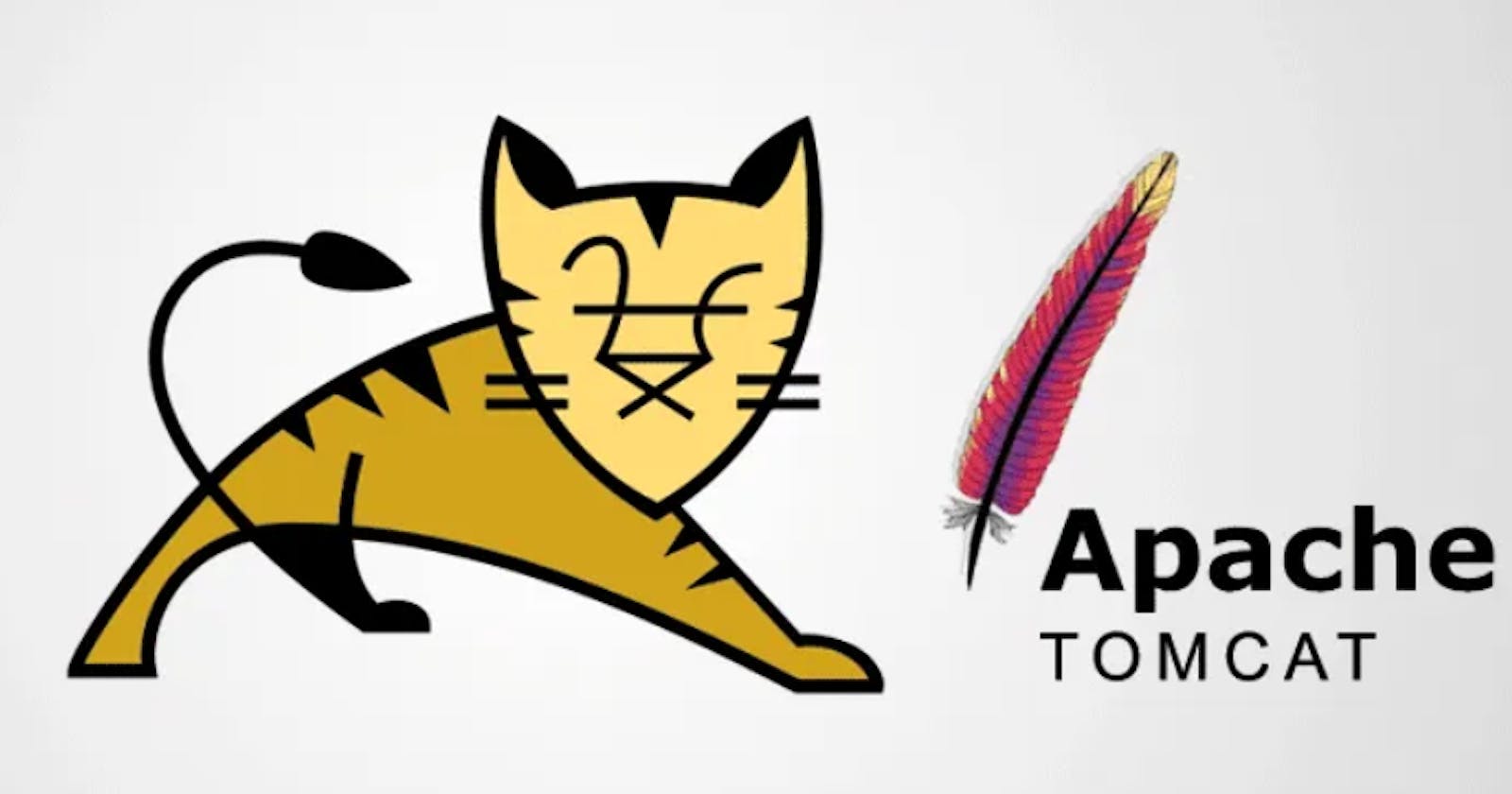Table of contents
No headings in the article.
Introduction
It is open source web container used to deploy and run the Java-based web application server developed by ASF- Apache Software Foundation
#We can only deploy war files, not ear files in Tomcat
Apache Tomcat - Apache is the foundation name, and Tomcat is a server name
to run the jar file > -jar jar_filename
For war and ear file > Application servers
For Node JS Software > run the node JS Application
For Python software > run the Python apps
Popular application servers
WebSphere Application Server (WAS) > provided by IBM (paid)
WebSphere Liberty Profile > provided by IBM(paid)
WebLogic >BEA >Oracle (Paid)
JBoss/Wildfly > Redhat >IBM (Open Source) (both war & ear)
Apache Tomcat > Apache Software Foundation (Open Source)(only war)
Search https://tomcat.apache.org/download-80.cgi then you will see this page

we are going to use binary distributions zip file and tar file
Tomcat server Directory structure
bin: binary file
-startup.sh > MAC/Linux
-startup.bat
-shutdown.bat
-sh catalina.sh > Start/stop the Tomcat server
-Catalina.bat
-version.bat
conf: configuration files
-server.xml
-tomcat-user.xml
Lib:
-jar files
logs:
-manager.log
-hostmanager.log
-Catalina.out(imp)
-localhost.log
webapps:
-The deployed application will be here
work:
-The application file will be stored here
temp:
-temporary files
Tomcat server installation
pre-requisites: java jdk/jre
The Port Number that we should allow is
SSH >22, FTP >21, HTTP >80, HTTPS >443, SMTP >25, MySQL>3306
create an instance on AWS
switch to the root user sudo su - or sudo -i
go to the opt directory cd /opt
sudo apt update to install the version update the package index
apt install default-jre for the default version
apt install wget unzip -y
then copy the zip file link address that is in the binary distribution https://dlcdn.apache.org/tomcat/tomcat-8/v8.5.100/bin/apache-tomcat-8.5.100.zip
paste this link along with the wget command
wgethttps://dlcdn.apache.org/tomcat/tomcat-8/v8.5.100/bin/apache-tomcat-8.5.100.zip
ls
unzipapache-tomcat-8.5.100.zip
give execute permissions chmod u+x *.sh

create a soft link to start and stop the server anywhere
ln -s /opt/apache-tomcat-8.5.100/bin/startup.sh/ to usr/bin/start-tomcat
ln -s /opt/apache-tomcat-8.5.100/bin/shutdown.sh/usr/bin/stop-tomcat
start-tomcat
ps -ef | grep tomcat check tomcat server is running or not
netstat -tunlap to check which port is running
now finally to access ip address:port-number
#before that we have to enable the port in security groups
instance > security >security groups (click on the link) > add rule > all traffic >8080 >anywhere >set
then go and reload it will work
now want to deploy the application war file in the manager app
/opt/apache-tomcat-8.5.100/webapps/manager/META-INF
vi context.xml
we have to comment on two lines that are shown in blue color

now add user
/opt/apache-tomcat-8.5.100/conf
vi tomcat-user.xml add these content in end of the file

to open the host manager

if you clear the cache -> ctrl+shift+delete at the tomcat webserver
to change the port number
go to this dir /opt/apache-tomcat-8.5.100/conf
vi server.xml
insert mode >esc: se nu > line number 69 > i insert mode connecter path change your liked port number > esc: wq! > cd .. > then restart the server (#stop-tomcat, #start-tomcat)

cd tempdirectory contains all the jar file
deploy the application
tomcat server >application manager >click on war file upload (upload the war file) > deploy
the default port number of any of the servers is:80
Apache Tomcat is the web application server where we can deploy war file
Apache httpd server it is a web server where we can deploy the static content
diff between web servers and application servers
| webserver | Application server |
| we can deploy static content |
static content means: HTML, JavaScript, CSS, images | Can deploy backend-related code and static content like Java.,
means: war, ear |
| can be load servers also | |
